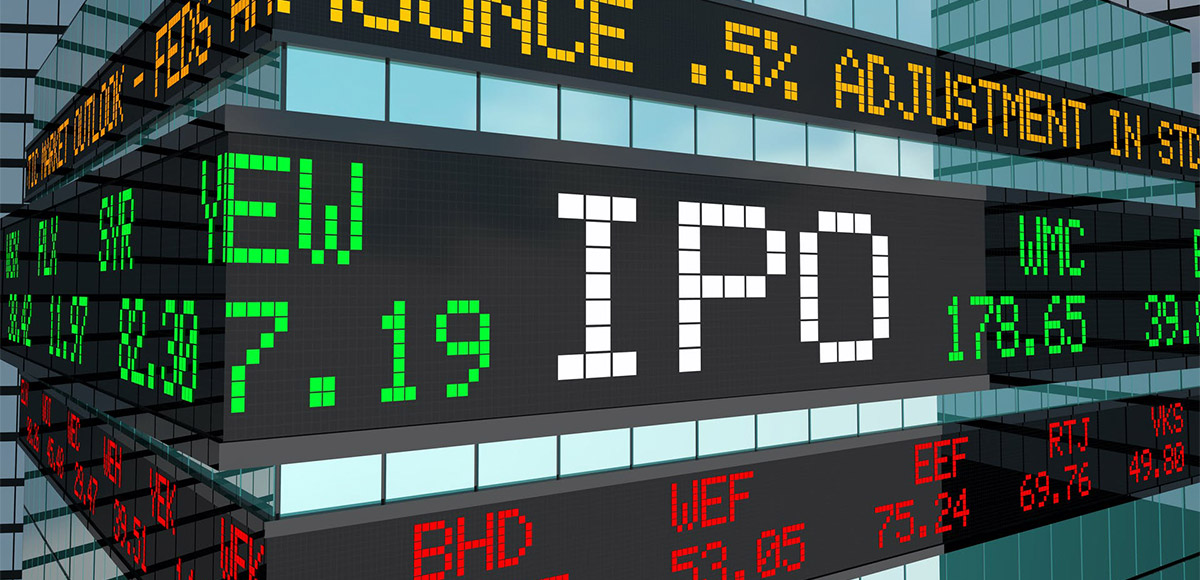Despite the pandemic-related economic upheaval that characterized 2020, IPO activity remained strong, with a total of 471 public market debuts. 1
Shifts as a result of the pandemic led to more reliance on technology to keep businesses running remotely and people connected virtually. So it’s no surprise that, last year, more than 80% of money raised through IPOs fell under three main categories: the technology sector, the healthcare sector, and then (of course) SPACs – or blank-check companies. 2
And now 2021 is already breaking records as the IPO frenzy continues. According to Bloomberg data, $162.4 billion was raised in the public markets in 2021 so far (the most ever at this point in any year), with SPACs accounting for half of that total volume. In comparison, $37 billion was raised in the first three months of 2020. 3
Hot market implications
Investor optimism is high, company valuations are even higher, and the market is hot – but is it too hot? Companies considering an exit in a “hot market” should take into account how an overheated valuation can play out long-term.
According to IPOhub, once a hot market has cooled, the market will adjust downward. Researchers have previously cited the pattern that hot market IPOs tend to perform particularly poorly in the long run compared to IPOs in normal or cold markets. 4 While it may be tempting to get out while the getting is good, companies may regret the pressure to live up to their inflated expectations come earnings time.
Private market insights
It’s important for newly minted unicorns and the companies preparing to exit to understand all available options, and leverage insights to make the best decision for shareholders as well as the long-term success of the company.
Today, there are over 600 private companies around the world valued at $1B+, with tech startups collectively worth over $2T. 5 Though the market is “booming” and there’s an influx of unicorns, these companies are staying private longer, largely to foster innovation and maturity – and they’re increasingly turning to the private markets to test the waters on pricing.
Leveraging private market insights allows unicorns eyeing the public market to land at the most accurate price point possible on debut day, for example. This can then help to offset the trend of poor long-term performance for “hot” IPOs, as the company’s valuation isn’t as unrealistic.
Control your destiny
Platforms like Forge provide these primed-for-exit companies more control over their own destinies in terms of pricing and timing, and gives them a better chance at avoiding common IPO disasters, including botched reference prices.
The companies that leverage the private market to inform their exit strategy are likely to reap the benefits for the company’s shareholders near-term as well as the company’s performance long term.
